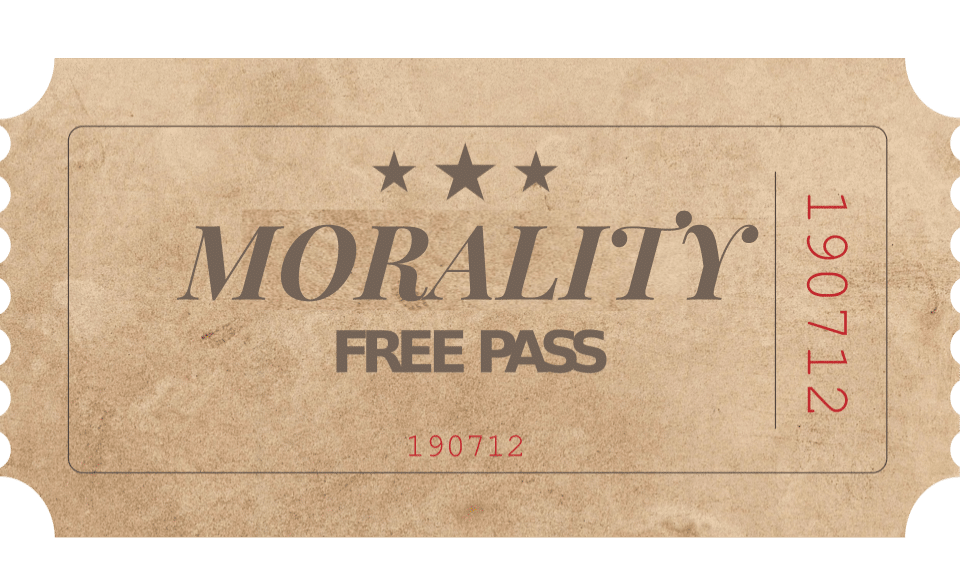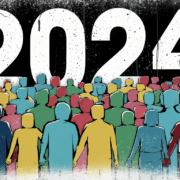ESG and the Risk of Moral Licensing

We are entering an era of unprecedented Environmental, Social, and Governance (ESG) imperatives, which will hopefully be beneficial to millions of people in many ways. But those involved in ESG efforts (and others who “do good”) must also be aware of the dangers of “moral licensing.”
Moral licensing, according to a 2019 Frontiers in Psychology paper, is defined as “people’s perception that they are permitted to take actions that could be seen as socially undesirable or morally questionable, due to history of moral behaviors.”
For instance, as noted in an article in the Irish Times: “One experimental study found people ‘are more likely to cheat and steal’ after purchasing green products than after purchasing conventional products.”
According to another piece on moral licensing: “In a set of pioneering studies, participants who established their racial non-prejudiced attitudes by endorsing President Obama or through selecting a black person for a consulting firm job were subsequently more likely to make pro-white decisions. In one test, after subjects were given a chance to condemn sexist statements, they were found to be subsequently more likely to support hiring a man in a male-dominated profession. One study on consumer behavior suggested that shoppers who brought their own bags felt licensed to buy more junk food.”
Subscribe to the Ethical Systems newsletter
Interesting stuff.
However, I caution, that not all moral licensing results have been replicated. Still there is an obvious logic to thus line of reasoning, at least enough of one to consider the effects of moral licensing on compliance.
I also caution that moral licensing is not a reason to do less when it comes to ESG and other pro-social efforts. Rather, it is a reason to up one’s compliance game.
More specifically, moral licensing should be made part of risk assessment processes. It can also be worth mentioning in training and other communications.
Finally, moral licensing can be particularly relevant not only to ESG-related work but also to the work of governmental bodies, charities, and other non-profits. Indeed, organizations of this sort—particularly charities tend to have relatively weak compliance and ethics programs—need to understand and address this variety of risk.
Jeffrey M. Kaplan is a partner at Kaplan & Walker LLP and a member of the Ethical Systems steering committee.
Reprinted with permission from the Conflicts of Interest blog.








